
On September 15, 2020, leaders across the Middle East signed the Abraham Accords. This landmark agreement normalized diplomatic relations between Israel and the United Arab Emirates and Bahrain, then later a renewal in ties with Morocco. The Abraham Accords are a game changer in the Middle East, providing new opportunities for direct flights, people-to-people exchanges, business partnerships, and government agreements that have all led to investment and growth in the area.
Below you’ll find a curated list of resources to help answer your questions regarding the Abraham Accords and their significance on the U.S., Israel, the Middle East, Europe, and the international Jewish community.
Sign Up to Stay Informed 
Despite Iran’s pursuit of Israel’s annihilation, the agreements have held, granting Israel a cushion of regional support as it fights for its borders

As the world commemorates the fourth anniversary of the Abraham Accords, American Jewish Committee (AJC) honors the sentiments of that day and remains committed to the pursuit of a more peaceful Middle East.

American Jewish Committee (AJC), the global advocacy organization for the Jewish people, today applauded House and Senate passage of the MARITIME Act and legislation to create a dedicated ambassador-rank Special Envoy for the Abraham Accords. Both included in the National Defense Authorization Act (NDAA) for Fiscal Year 2024 (FY24), these measures seek to curb Iran’s influence in the region, disrupt support for the regime’s terrorist proxies, and enhance Israel’s integration by employing a robust framework to expand regional cooperation.
As we mark the third anniversary of the Abraham Accords, significant progress has been made in deepening Arab-Israeli engagement. With us this week is Sen. Joni Ernst (R-IA), a founding member of the Senate Abraham Accords Caucus.
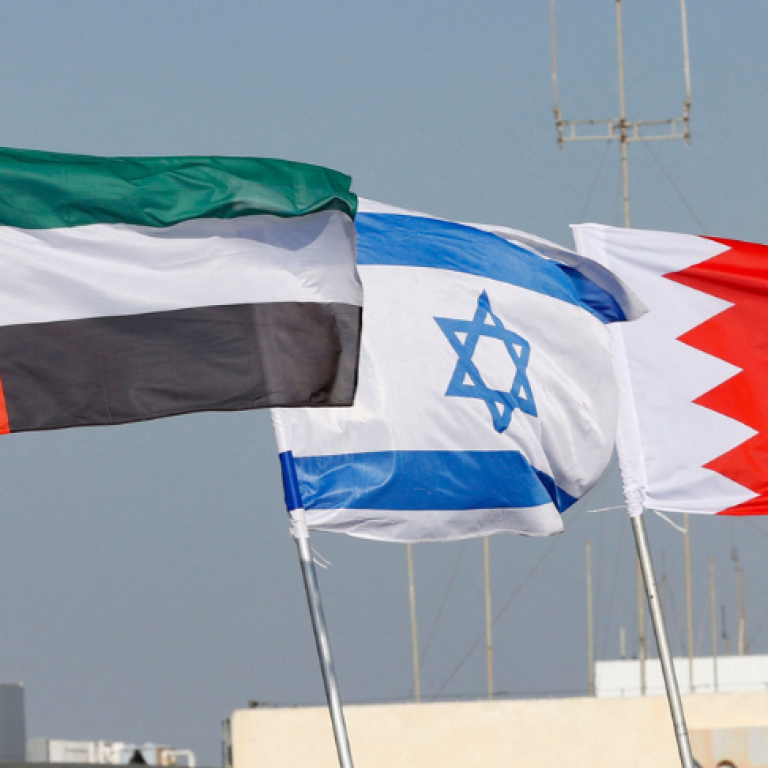 the Abraham Accords, including Israel, UAE, Bahrain, and United States" width="768" height="768" />
the Abraham Accords, including Israel, UAE, Bahrain, and United States" width="768" height="768" />
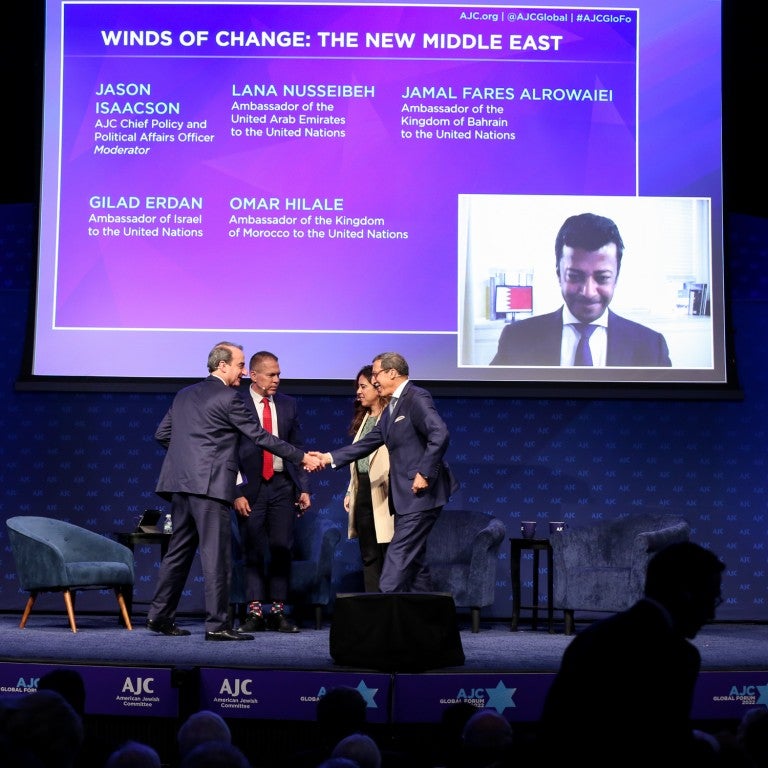
Given the historic success of the 2020 deal, what is next for the Abraham Accords? At AJC Global Forum 2022, ambassadors from all of the Accords countries convened to discuss the triumphs and next steps for the deal.
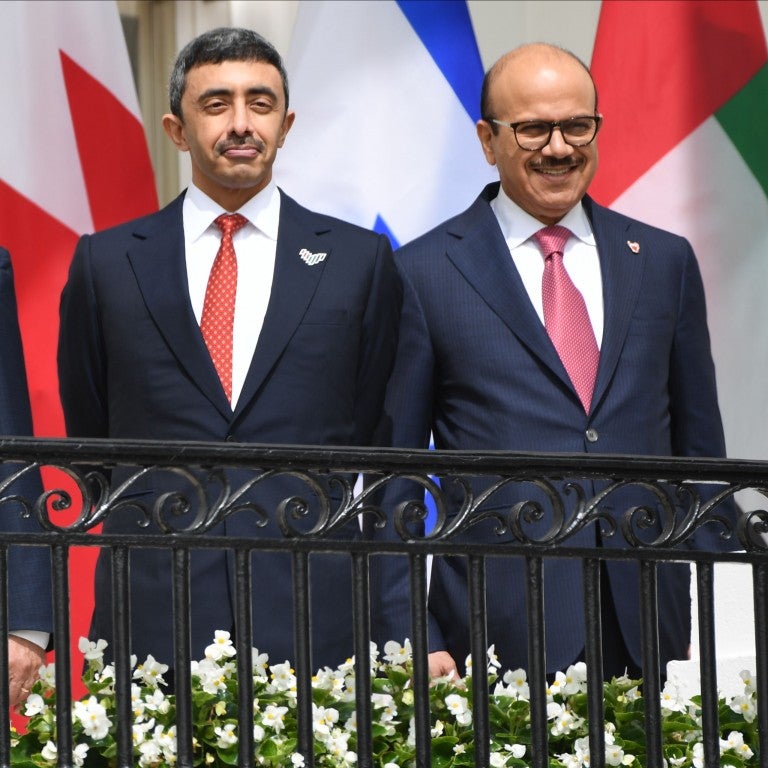
The announcement on Aug. 13, 2020 that the United Arab Emirates and Israel had agreed to move toward full diplomatic relations surprised much of the world. What culminated last summer had deep roots. My American Jewish Committee colleagues and I, traveling regularly to Gulf capitals since 1994, observed signs of fresh thinking in the region early on—and did our part to encourage it.

The historic peace agreement between Israel and the United Arab Emirates can be a model for the entire region, said former U.S. House Foreign Affairs Committee Chair Howard Berman today. Congressman Berman, who was extensively involved in improving relations between Israel and Arab nations during his 30 years in Congress, spoke at the inaugural Ambassador Yousef Al Otaiba Lecture sponsored by American Jewish Committee.
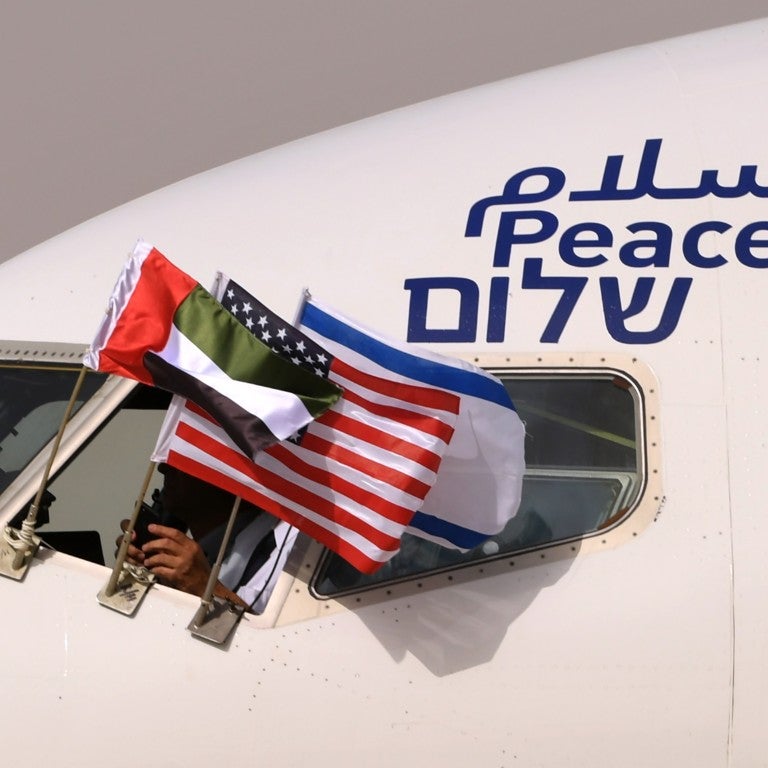
After decades of disconnection, denial, and distrust, two years of normalized and remarkably warm relations between Israel and two Arab Gulf states have shown how ready the Middle East was — and is — for fundamental change.
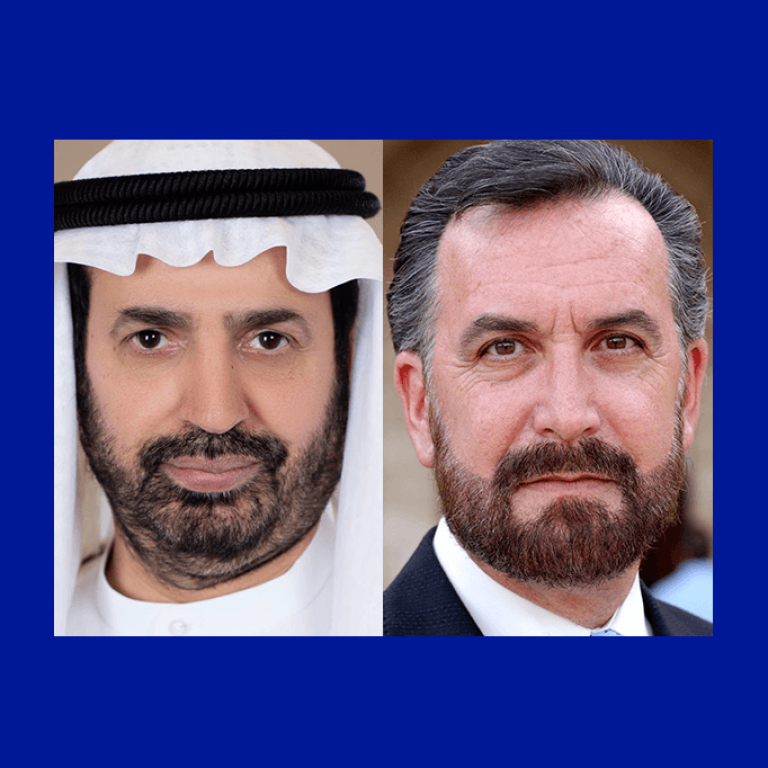
This week, we bring you highlights from AJC Virtual Global Forum 2021. First, in a conversation moderated by Manya Brachear Pashman, we hear from H.E. Dr. Ali Rashid Al Nuaimi, Chairman of Hedayah, and Rabbi David Rosen, AJC Director of International Interreligious Affairs, in The Siegler Family Annual Muslim-Jewish Symposium on How Interfaith Relations Helped Drive the Abraham Accords.
Then, two college student activists, Julia Jassey, University of Chicago ‘23, and Talia Rosenberg, University of Pennsylvania ‘21, help us understand today’s challenges and opportunities on campus for pro-Israel students during the AJC Virtual Global Forum’s session, The View from Campus, moderated by Meggie Wyschogrod Fredman, AJC Deputy Director of Young Leadership.
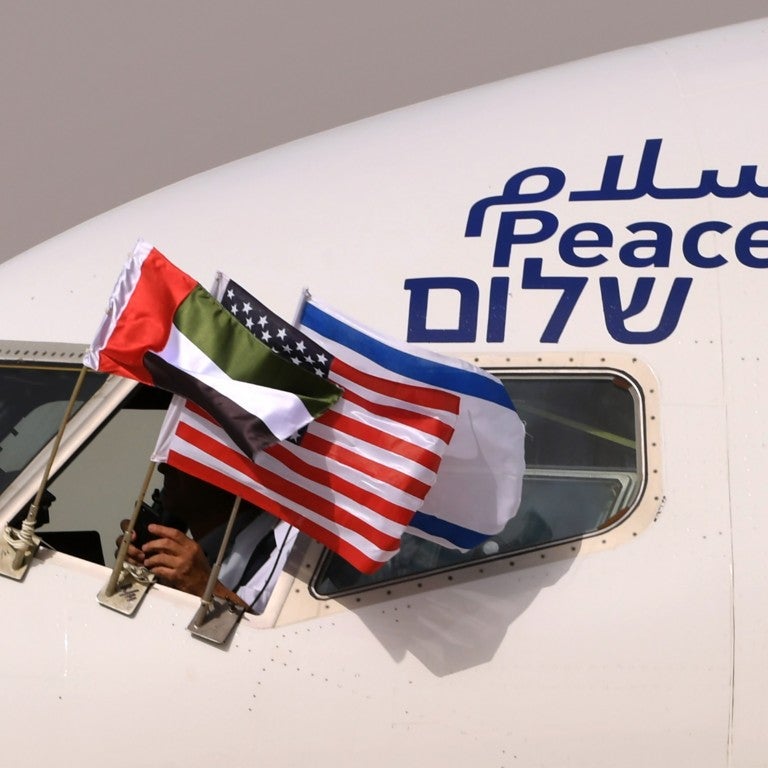
This week marks the one-year anniversary of normalized relations between Israel and the United Arab Emirates. This historic agreement, known as the Abraham Accords, would soon grow to include Bahrain, Morocco, and Sudan. In one fell swoop, the number of Arab countries Israel had formal relations with tripled from two (Egypt and Jordan) to six. With us to discuss this pivotal moment and the future of Israeli-Arab engagement is Ambassador Eitan Na’eh, head of mission at the Israeli Embassy in Abu Dhabi - formally dedicated just six weeks ago.

As Middle East and North African leaders increasingly question old orthodoxies and recognize the benefits of new alignments—with normalization agreements offering advantages not only for Israel and Arab states, but also creating opportunities to advance Israeli-Palestinian peace—Washington, too, must look at this evolving region with fresh eyes. To advance its objectives, the new administration should take advantage of all the tools at its disposal—including those left to it by its predecessor.
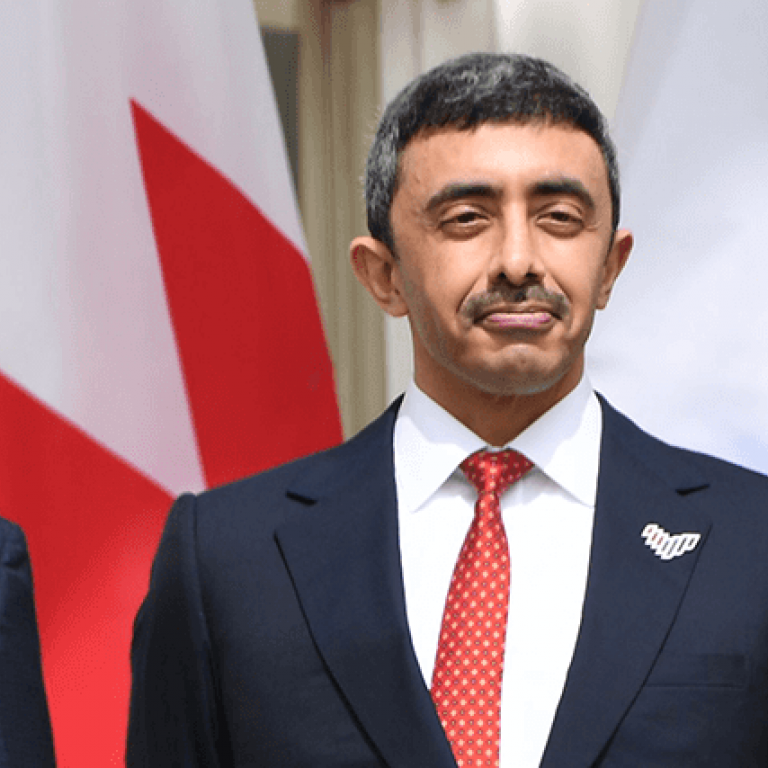
The past year’s transformational shifts in the Middle East and the launch of a U.S. fund to promote cooperation provide a rare opportunity for diplomatic success by the Biden administration. The Lowey Fund and Abraham Accords offer a new way forward.

American Jewish Committee (AJC) CEO Ted Deutch today told the European Parliament that the Abraham Accords, which normalized relations between Israel and three Arab nations, was an important historical moment “we can never take for granted.”
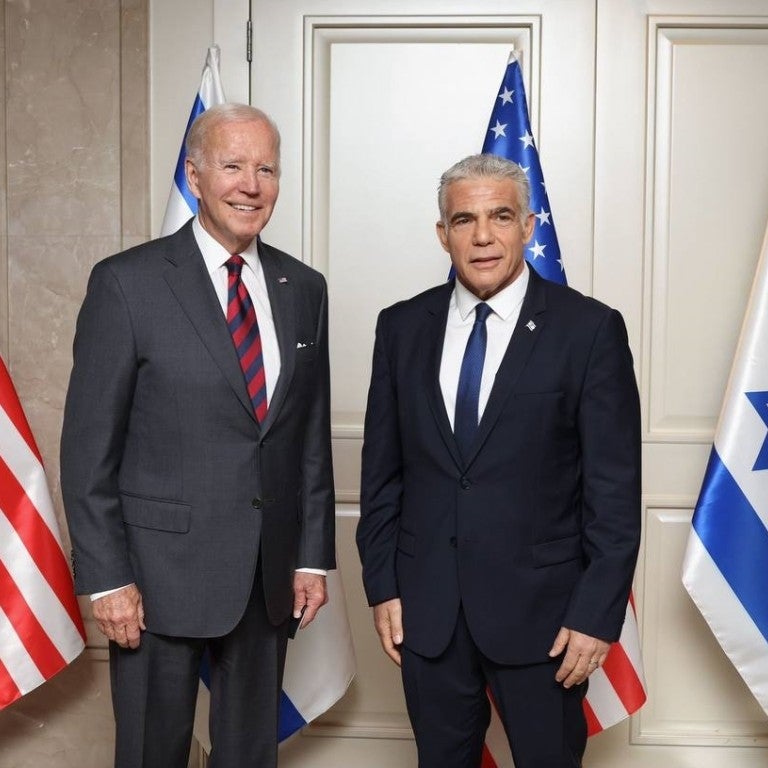
This week, retired U.S. Ambassador Marc Sievers, Director of American Jewish Committee’s office in Abu Dhabi: The Sidney Lerner Center for Arab-Jewish Understanding, joins us to discuss President Joe Biden's visit to the Middle East on a tour that included Israel, the West Bank, and Saudi Arabia.

Each day brings news of another high-level exchange, another tangible benefit of peace, between Israel and countries with which it normalized ties just one year ago. The pace and potential impact of these developments are breathtaking. Twenty-five years ago, and every year since, AJC delegations meeting with high government officials in Arab capitals were always warmly received, but were told to expect normal relations with Israel only after the achievement of Palestinian statehood. That is, until two years ago. That’s when UAE Foreign Minister Abdullah bin Zayed Al Nahyan told us his country was ready for full peace with the Jewish state.
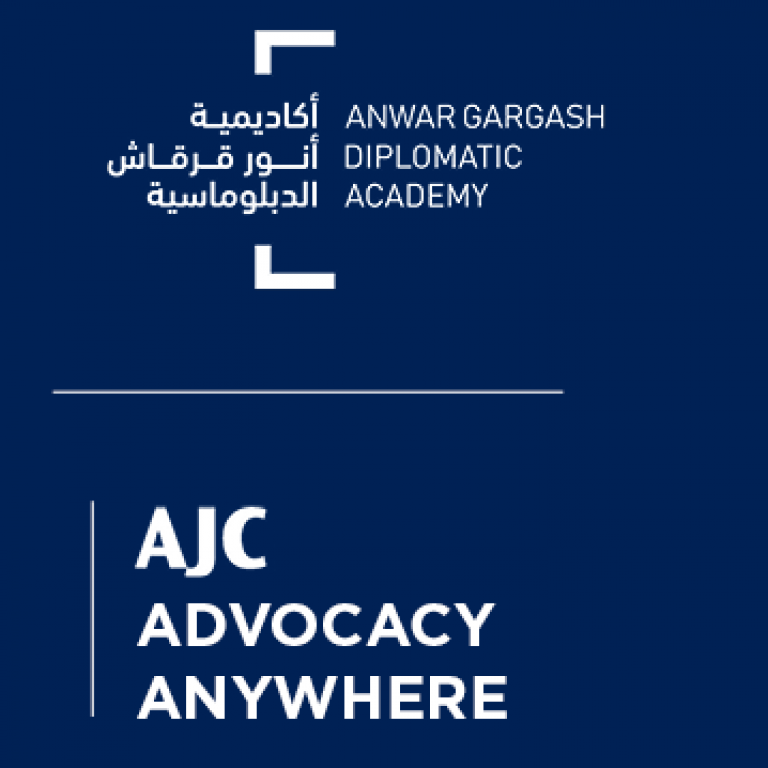
As we reflect on the first anniversary of the Abraham Accords, American Jewish Committee (AJC) and the Anwar Gargash Diplomatic Academy are honored to announce a new partnership to promote deeper American, Israeli, and Emirati understanding.